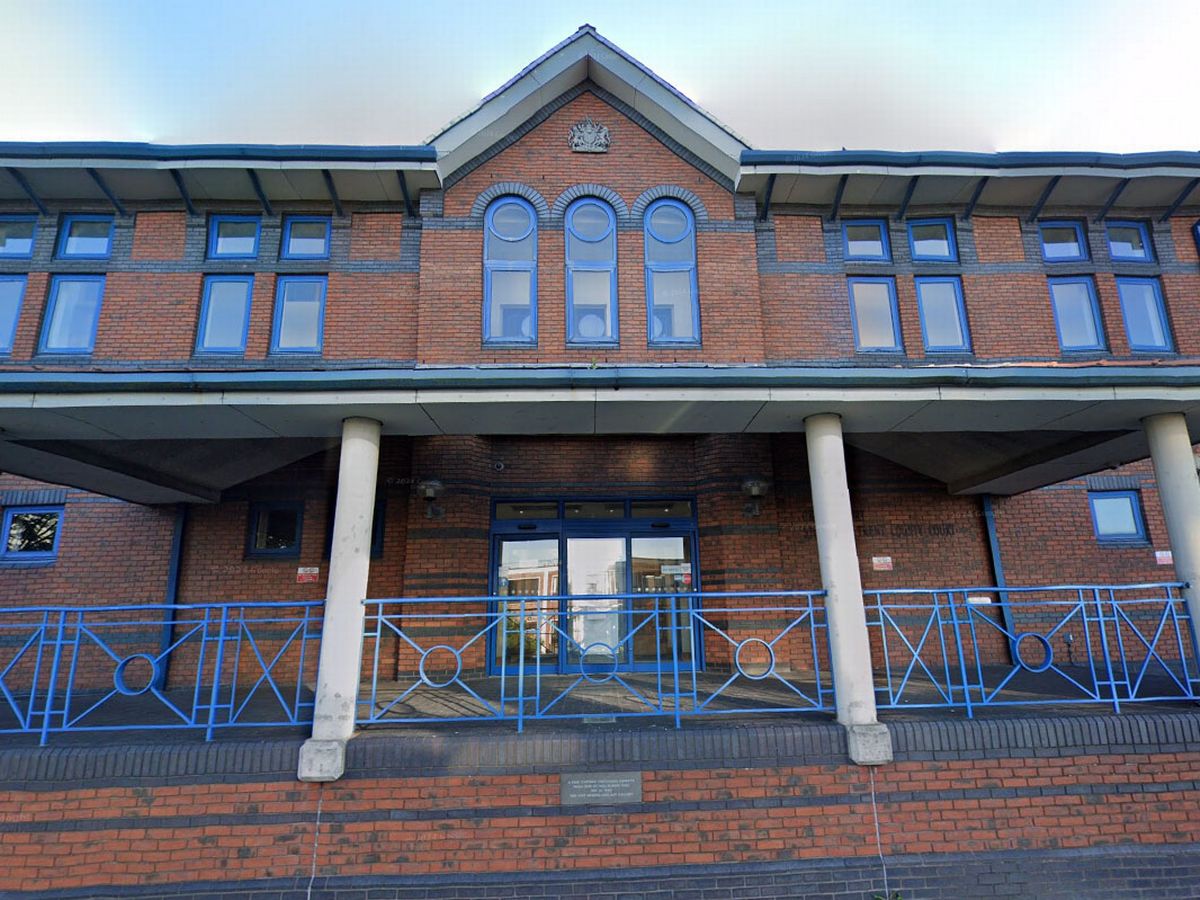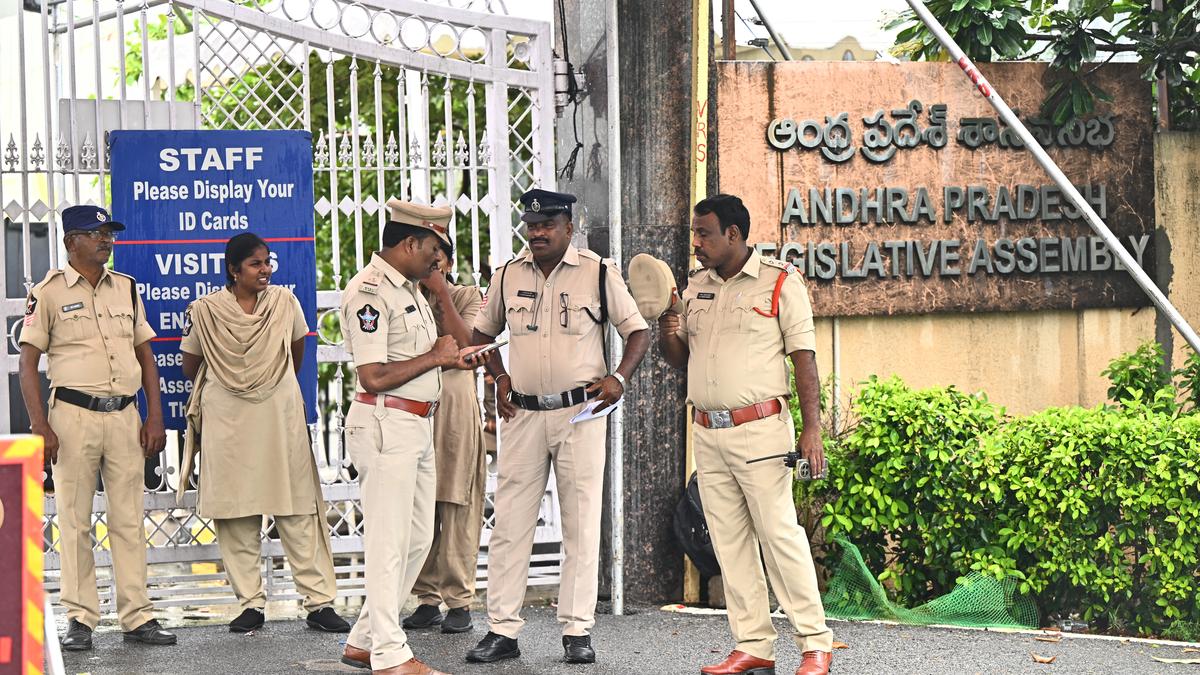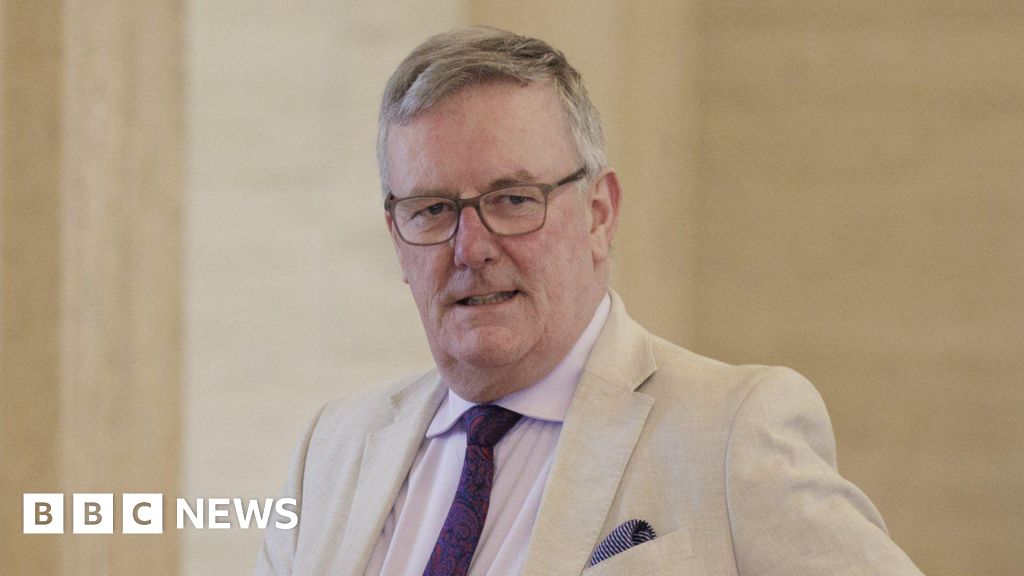By Lois McCarthy
Copyright walesonline

Doctors have warned that Wales’ NHS is at “breaking point”, as new figures reveal widespread concern over unsafe staffing levels, rising workloads and a lack of basic resources. Evidence from the General Medical Council (GMC) has revealed that 81% of doctors in Wales believe NHS staffing is inadequate, compared with 72% across the UK. Two-thirds (66%) say they work beyond their contracted hours at least once a week, risking burnout and threatening patient safety, while over half (53%) report they do not have access to the equipment or services they need to treat patients, well above the UK average of 44%. Royal College of Physicians (RCP) Vice President for Wales, Dr Hilary Williams, said that while “physicians in Wales deliver world-class care,” patients are too often “left waiting in corridors or stuck in the outpatient backlog.” Concerns about the state of hospitals were echoed by Dr Andrew Lansdown, a consultant endocrinologist in Cardiff who claimed many are under “immense pressure” and that patients are being treated in “inappropriate, undignified and unsafe places, like corridors or chairs.” He warned that over half of doctors in Wales say they cannot access the equipment or services they need. “The system is at breaking point. Many patients in Wales are waiting weeks to leave hospital, costing the NHS millions every month, because community care services don’t have the staff or resource to get them home,” he said. “We desperately need radical transformation of social care in Wales.” Being a consultant medical oncologist at Velindre in Cardiff , Dr Williams further acknowledged that Wales could be “a great place to train and a great place to work” but only if the basics are put in place; including rest and food facilities, protected time for education and training, and stronger clinical leadership. “The next Welsh Government must invest in our medical workforce, tackle the causes of ill health and ensure social care is properly funded,” she said. Stay informed on the latest health news by signing up to our newsletter here The GMC also showed the toll of escalating pressure on doctors’ wellbeing. More than a third (37%) said they are unable to cope with their workload at least weekly, and almost a quarter (24%) cited insufficient support from senior colleagues as a barrier to safe care, which is higher than the UK averages of 33% and 19% respectively. Dr Sacha Moore, is currently training to become a consultant in renal and general internal medicine. However, they have observed that the shortage of doctors is already lengthening waiting times and damaging morale. “As patient need increases, morale falls and care suffers – already, more than a third of doctors in Wales say they can’t cope with their workload,” they said. “This is an unsustainable situation. We need a long term clinically led health and social care workforce plan, an expansion in medical training places and a focus on clinical research and academic medicine. Invest in the medical workforce now and we can build a highly skilled, resilient, world class NHS that is fit for the future.” Doctors also highlighted the wider social inequalities that are fuelling demand for care. Dr Ben Thomas, who works as a consultant nephrologist in Wrexham said: “Too many people in Wales are being pushed into ill health by deprivation, poor living standards and poverty – with nearly a quarter of households and almost a third of children now affected.” Dr Thomas called for “a wide-ranging cross government action plan to tackle health inequalities,” warning that while some progress has been made, “services remain patchy.” He said: “If the next Welsh Government invests in prevention and takes decisive action on obesity, smoking, alcohol harms and air quality, we can improve lives and ease pressure on the NHS.” The RCP have launched a manifesto with GMC’s findings to show the urgent need for long-term investment in Wales’ medical workforce, improved working conditions and coordinated action to tackle health inequalities to ensure safe and sustainable care. To achieve this, they have called the next Welsh Government to implement a long-term NHS workforce plan to recruit, retain and support doctors across Wales; to cross-government action on prevention and health inequalities, including bold steps on poverty, obesity, tobacco and clean air; and to radical transformation of social care, with a fully costed plan to address capacity, reduce delays and eliminate corridor care. In light of RCP’s findings, the Welsh Government said: “The NHS in Wales now has more doctors than at any point in its history, including more than 3,000 full time equivalent consultants – a 17% increase compared to pre-pandemic levels. “We are investing £294m on training new members of the workforce, with 342 additional medical speciality training posts created since 2019. NHS Wales continues to ethically recruit international healthcare professionals to help fill hard-to-recruit roles.”



